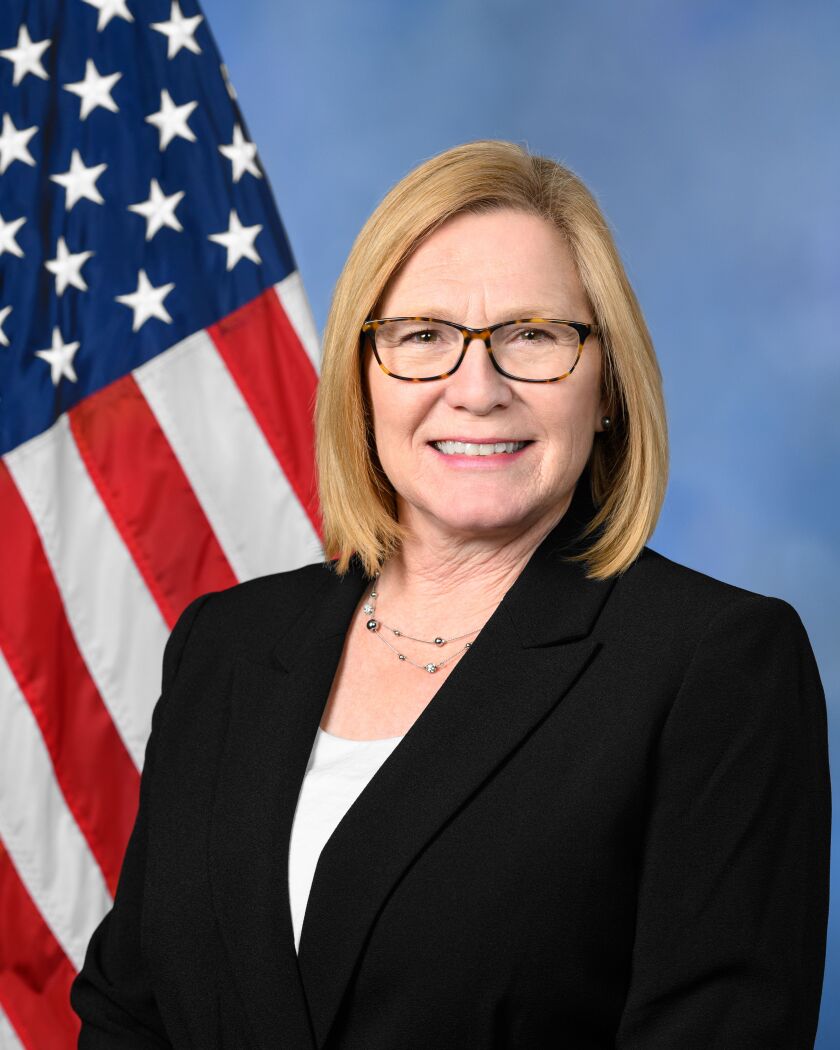GRAND FORKS ŌĆö Upper Midwest Republicans joined with their House GOP colleagues on Tuesday evening to vote against a measure raising the U.S. debt ceiling ŌĆö even as it passed in a 219-206 vote.
Reps. Kelly Armstrong, R-N.D., and Michelle Fischbach, R-Minn., both expressed frustration with Democratic spending plans.
ADVERTISEMENT
ŌĆ£Democrats continue to push through their massive partisan government spending spree that will bring the highest sustained federal spending levels in American history,ŌĆØ Armstrong said in a statement provided by his office. ŌĆ£Democrats control both chambers of Congress and the White House. If they are going to saddle future generations of Americans with more debt to pay for their far-left wish list, they will have to do it without my vote.ŌĆØ
Fischbach offered similar comments ŌĆö also arguing that Democrats hold the majorities to move the debt ceiling without Republican assistance.
ŌĆ£This ŌĆśbillŌĆÖ accomplishes nothing more than kicking the can down the road as the majority insists on cramming several multi-trillion-dollar spending packages without Republican input,ŌĆØ she said in a statement provided by her office.
Armstrong and Fischbach were joined by Rep. Dusty Johnson, R-S.D., who also voted against the debt ceiling increase.
Others from Minnesota and their Tuesday vote were: Republican Jim Hagedorn, no; Democrat Angie Craig, yes; Democrat Dean Phillips, yes; Democrat Betty McCollum, yes; Democrat Ilhan Omar, yes; Republican Tom Emmer, no; and Republican Pete Stauber, no.
A vote to raise the debt ceiling is not a vote on any new spending, but rather a vote to allow the government to meet ongoing obligations. This vote increased the debt ceiling by $480 billion; itŌĆÖs a related move ŌĆö but a very different one ŌĆö from passing government spending bills, which provide the money to keep the government operating or to fund new programs.
And the shift sets up a late 2021 showdown for both parties, with the next round of negotiations on the debt ceiling likely falling at roughly the same time a recent extension of government funding also expires ŌĆö meaning Washington leaders could have to juggle both at once.
ADVERTISEMENT
Anxieties over the debt ceiling grew earlier this month as the country neared Oct. 18, the likely deadline for a default without an increase in the debt ceiling. And the partisan brinkmanship that brought the government so close to the default date also led to speculation that Democrats might end the SenateŌĆÖs filibuster, a 60-vote threshold on ending debate that has kept Democrats from unilaterally hiking the debt ceiling.
ItŌĆÖs also led to talk of nixing the debt ceiling altogether. House Majority Leader Rep. Steny Hoyer, second-ranking Democrat in the chamber and a representative of Maryland, told reporters as much in the Capitol Tuesday evening.
Speaker of the House Nancy Pelosi lambasted RepublicansŌĆÖ reluctance to support the increase in the debt limit prior to the vote, pointing out how close the country had come to default.
ŌĆ£What do you have against our own economy, where this catastrophe of unbelievable proportions could have impacts for over 100 years?ŌĆØ she said. ŌĆ£DonŌĆÖt you care about that?ŌĆØ











